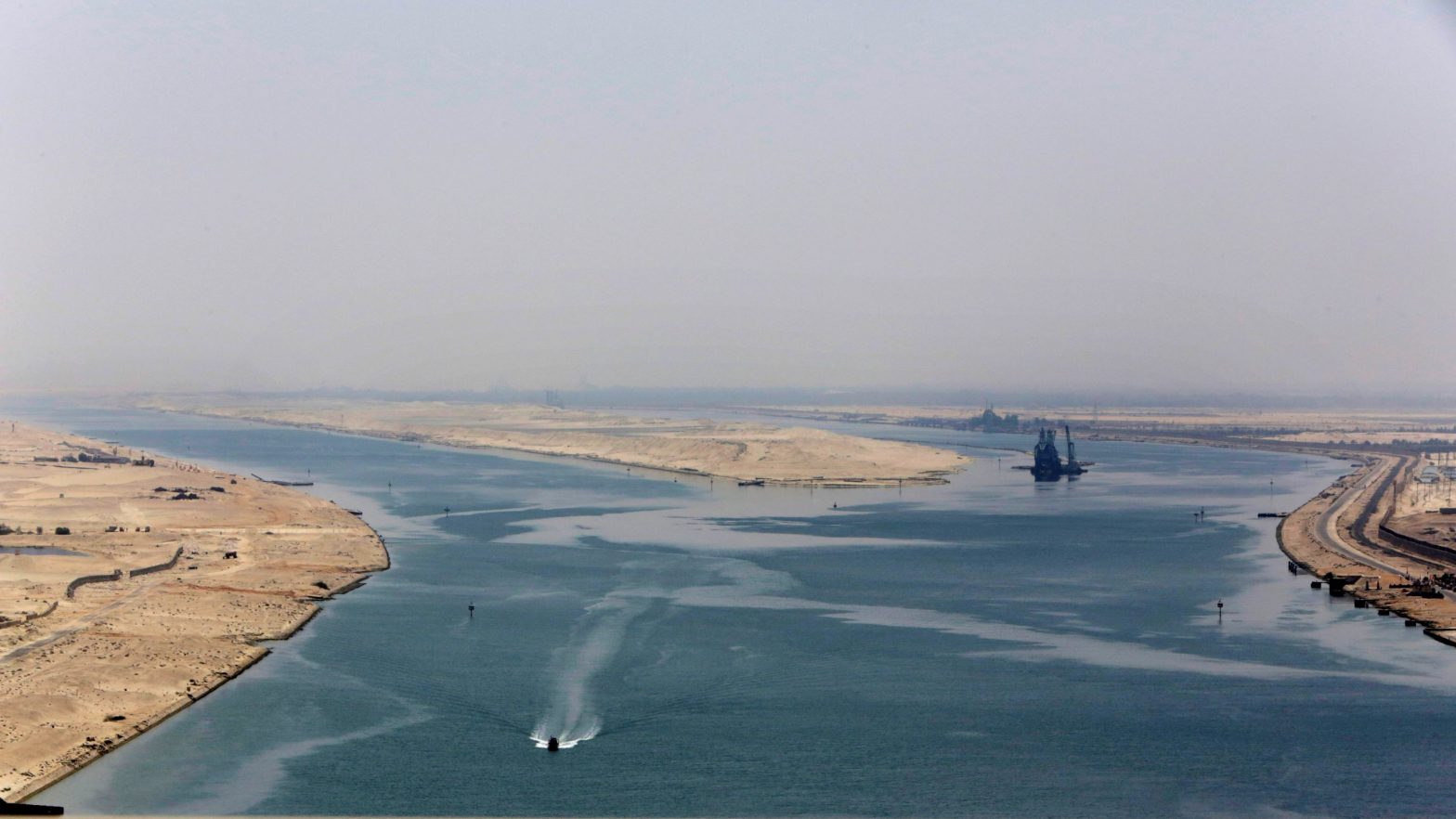Policy Advisor Warns Against Strong US Military Response in Red Sea

WASHINGTON — An international policy advisor told a congressional panel Tuesday the United States appears to be walking into a trap with its military strategy in the Red Sea, possibly causing long-term economic and foreign relations damage.
The U.S. military response to attacks on cargo ships is exactly what the Iran-backed Houthis want to expand their popular support in the Middle East, said Ian Ralby, chief executive officer of Maryland-based I.R. Consilium.
“If we just strike back for the sake of striking back, we may be making the situation worse,” Ralby said.
The House Transportation and Infrastructure Subcommittee on Coast Guard and Maritime Transportation is trying to determine how to protect the roughly 25% of the world’s shipping that passes through the Red Sea. Much of it is headed to or from the United States and its allies.
Days after the Oct. 7, 2023, Hamas attack on Israel, the northern Yemen-based Houthi movement announced its support for the militants based in Gaza. The Houthis are a Shia Islamic group supported financially and with arms from Iran.
They launched missiles and drones against Israel and merchant ships passing through the Red Sea. Hundreds of cargo ships and tankers then were rerouted around the southern tip of Africa to avoid the attacks. The rerouting can add close to two weeks to the travel times and nearly $1 million in expenses.
So far, the U.S. response has been to hit the Houthis with missiles and fighter jets after each of their attacks.
Ralby said the U.S. government needs to shift its strategy to undercut the credibility of the Houthis while enlisting support from Middle Eastern nations to counter their movement. Part of it should consist of helping the Yemeni government regain control of the 30% of their country occupied by the Houthis, he said.
By using the U.S. Navy as a primary response, “We have allowed the Houthis to control the narrative,” Ralby said.
As the U.S. military effort in the Red Sea grows, support for the Houthis among Muslims grows along with it, he said. Ultimately, the Houthis hope to spread their influence throughout the Middle East before attacking Israel, he said.
“They love the taste of the significance they now have,” he said. “Now the world is watching and the Houthis are enjoying it.”
The Houthi support for Hamas against Israel is not the group’s sole motivation, Ralby said. The Houthis are piggybacking onto the Israel-Hamas war to gain notoriety for their political and military ambitions, he said.
Even if the Israel-Hamas war ends, “The Houthis would continue to attack shipping,” he said.
Former Yemeni President Ali Abdullah Saleh made similar statements about the Houthis in an interview with The New York Times.
“The real reason they received unofficial support from Iran was because they repeat the same slogan that is raised by Iran — death to America, death to Israel,” Saleh said.
Witnesses at the congressional hearing from the merchant marine industry asked for more government assistance to avoid shipping delays that are likely to hurt the U.S. economy and force higher prices on consumers for the products they buy. About 75% of the merchant ships that normally pass through the Red Sea have been redirected along a much longer route around the southern tip of Africa.
Bud Darr, vice president of maritime policy for the Mediterranean Shipping Company, suggested government investments to expand shipping capacity, such as bigger ports and warehouses that can store more goods to hold over when supply lines are interrupted.
Although adding capacity is expensive, it can be “critically important” to withstand unexpected events like the Red Sea crisis, he said.
“This is an unprecedented series of attacks by non-state actors,” Darr said.
Republicans on the subcommittee generally wanted to continue a strong military response while Democrats favored a more subtle political approach.
“Hitting back and hitting back very hard teaches people a lesson,” said Rep. Brian Babin, R-Texas.
Rep. Jacob Auchincloss, D-Mass., said, “We don’t want to walk into the game our enemy wants us to play.”
The subcommittee held the hearing the same day President Joe Biden announced he decided on a response to a drone attack Sunday on a small U.S. military outpost in Jordan. It killed three American soldiers and injured 40.
Biden declined to give details to reporters but said he hoped to avoid a wider conflict in the Middle East.
You can reach us at [email protected] and follow us on Facebook and X.
























